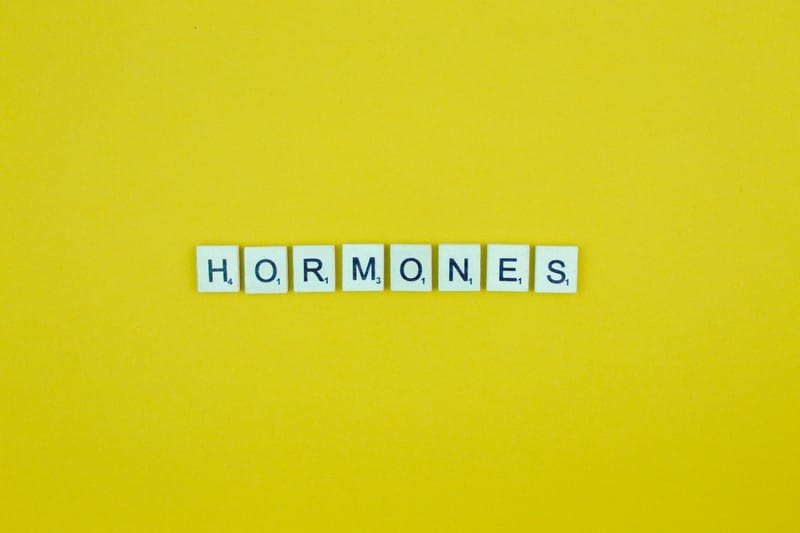Acne can appear anywhere on the body. Among the usual spots where breakouts appear is on the face, specifically from the forehead to the chin. But, unlike the pus-filled pimples that appear on the face, chin acne is typically solid bumps.
The most common chin acne causes include hormone fluctuations, clogged pores due to dead skin cells, sebum, and bacteria. Moreover, people, notably women, experience hormone fluctuations during the menstrual cycle. Meanwhile, teens experience hormone fluctuations during puberty.
Anyone can get chin acne, male or female, at any age. But it is something that most people should worry about. Chin acne tends to disappear on its own after several days. But there are cases when they stay for several weeks before disappearing.
In mild cases of chin acne, the person affected can take over-the-counter products at home and self-care methods. For severe chin acne cases, the individual should acquire a prescription from dermatologists or other treatments suitable for the condition. In most cases, treatment use should continue even after chin acne disappears since it helps prevent scarring and future breakouts. Another way to prevent chin acne from scarring is to avoid picking on them.
Fluctuations in Hormones

Chin acne is very common. Typically, the cause of chin acne is hormonal fluctuations. It is especially true for teenagers and females who experience extreme hormonal fluctuations.
Androgens, the sex hormones that stimulate sebum production, increase during hormonal fluctuations. In relation to this, the rise in sebum production is caused by a high level of androgens or increased sensitivity of the sebaceous glands to a normal level of androgens.
The common cause of clogged pores that also results in acne is sebum. Considering hormones change over adulthood, chin acne can appear and disappear anytime.
For other individuals, chin acne can take the form of whiteheads, blackheads, small pimples, or cysts. Cysts develop well beneath the skin and don’t manifest themselves on the surface. Frequently, these lumps feel tender when touched.
Chin acne that is caused by fluctuations in hormones might become worse since hormonal changes can increase sebum production in the pores, inflammation in the skin, clogging of dead skin in follicles of the hair, as well as production of bacteria that causes acne like Propionibacterium acnes.










